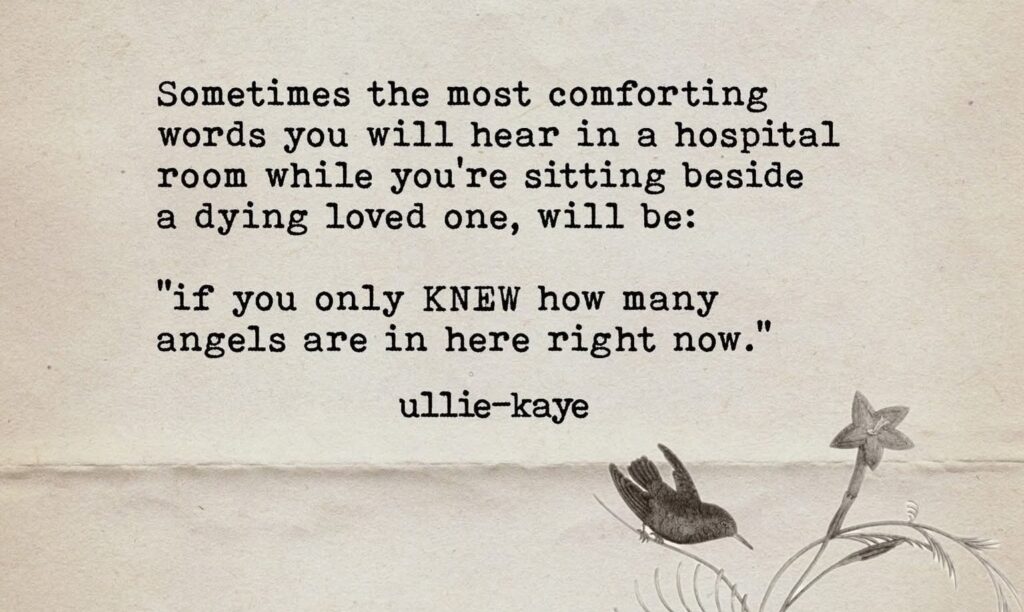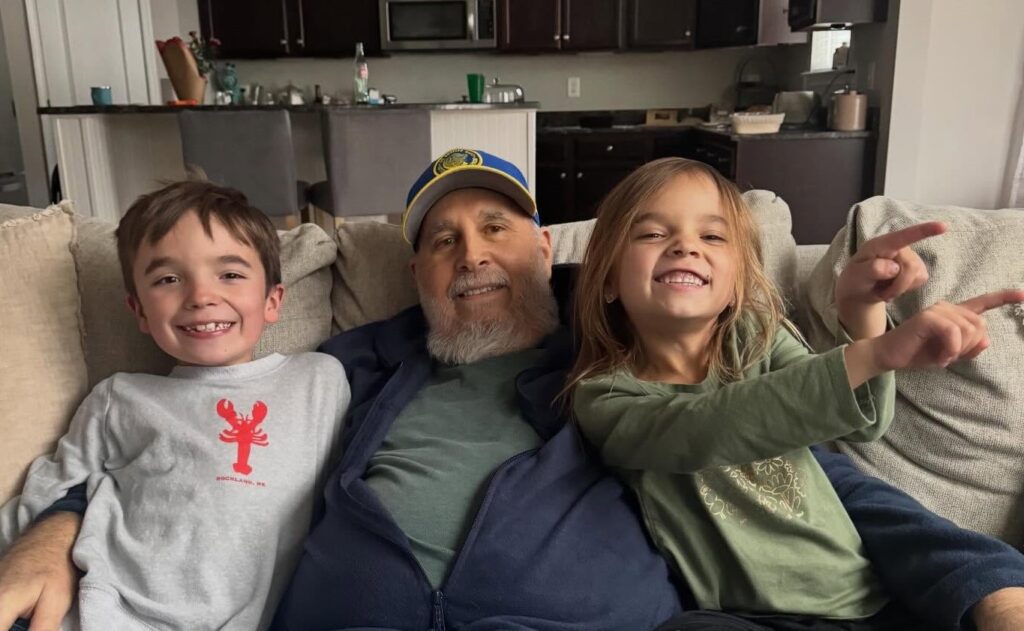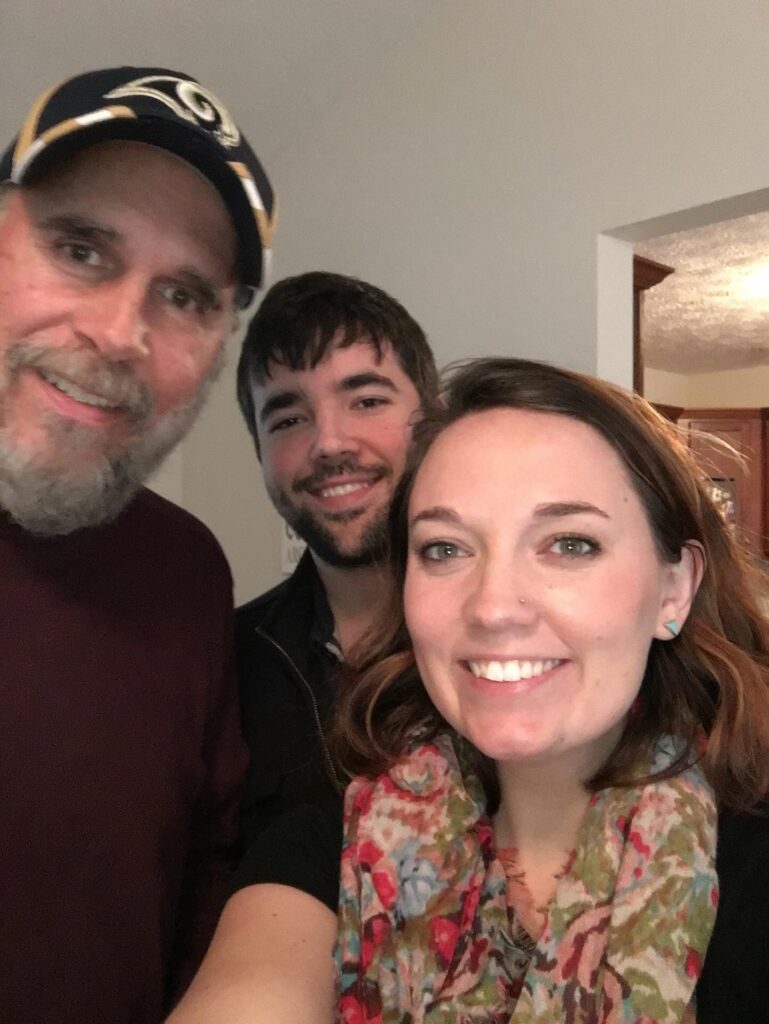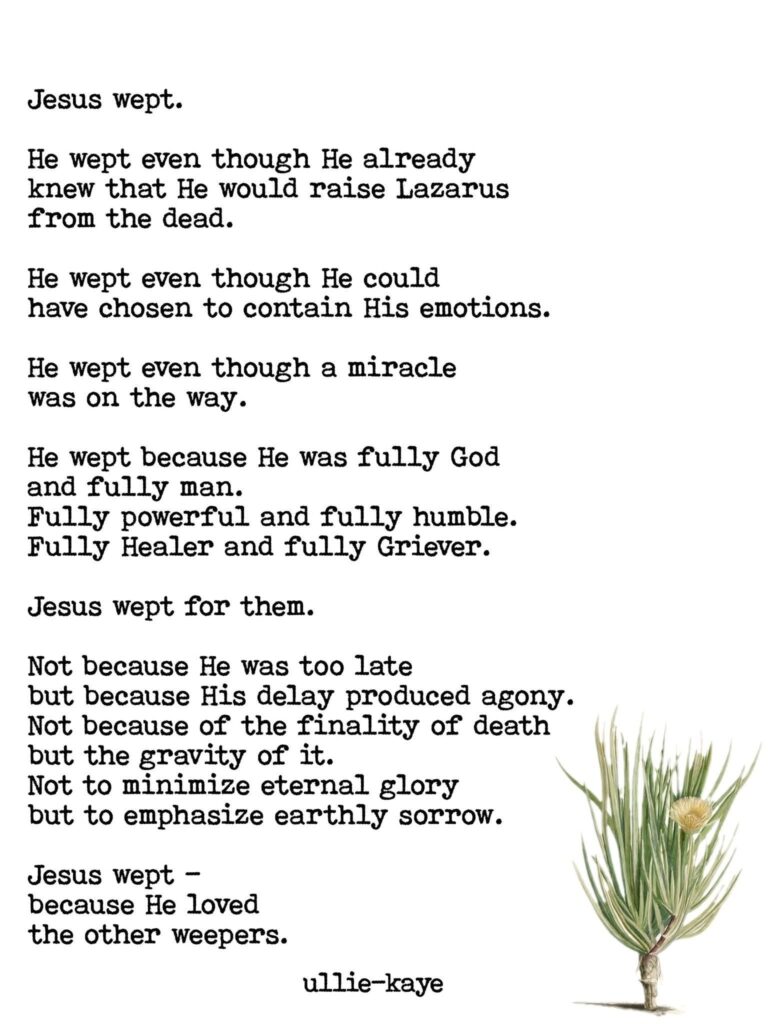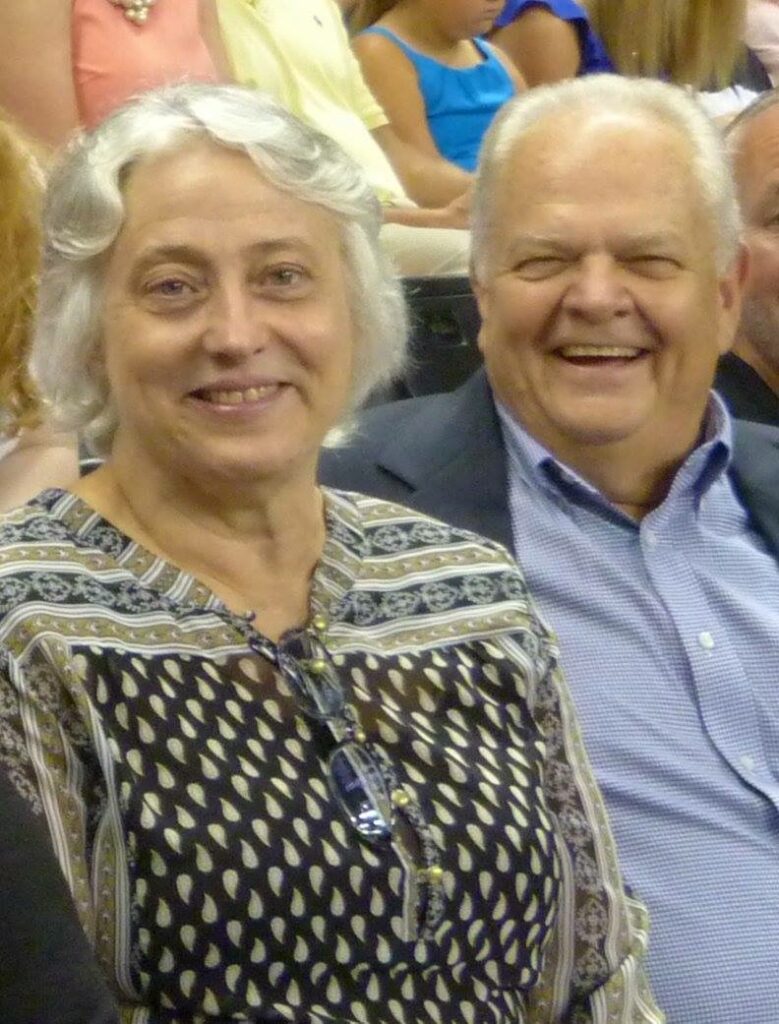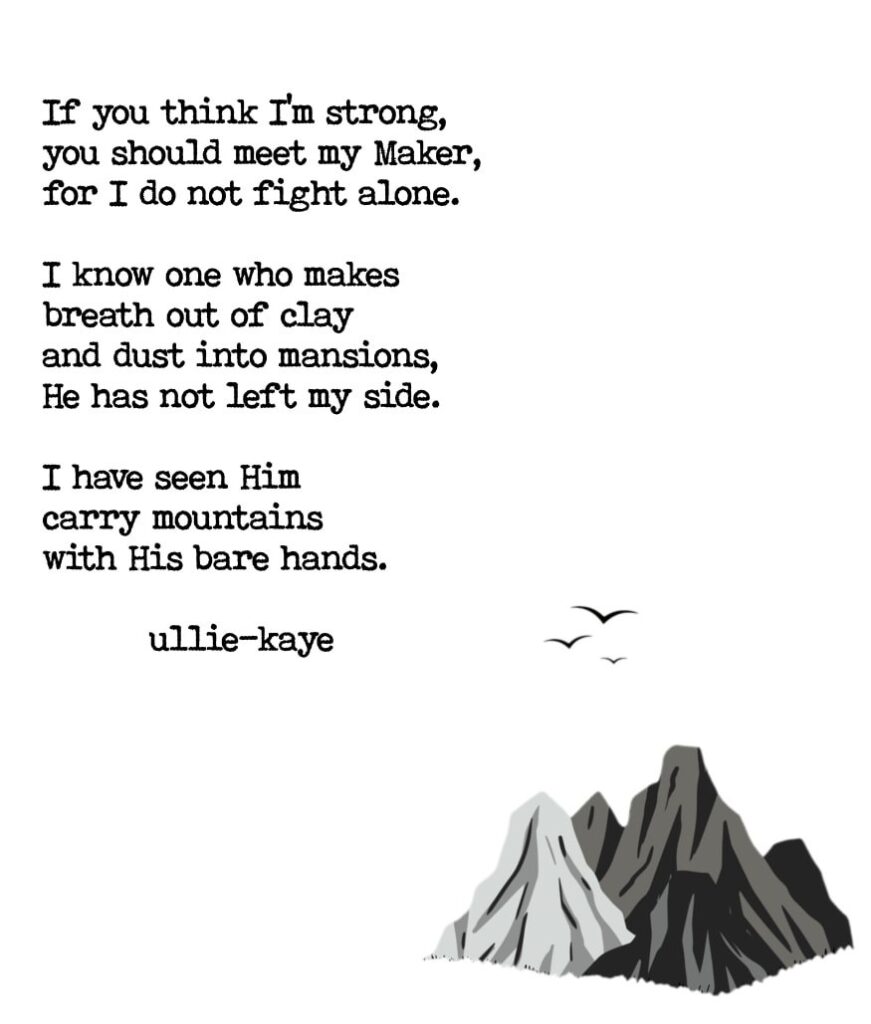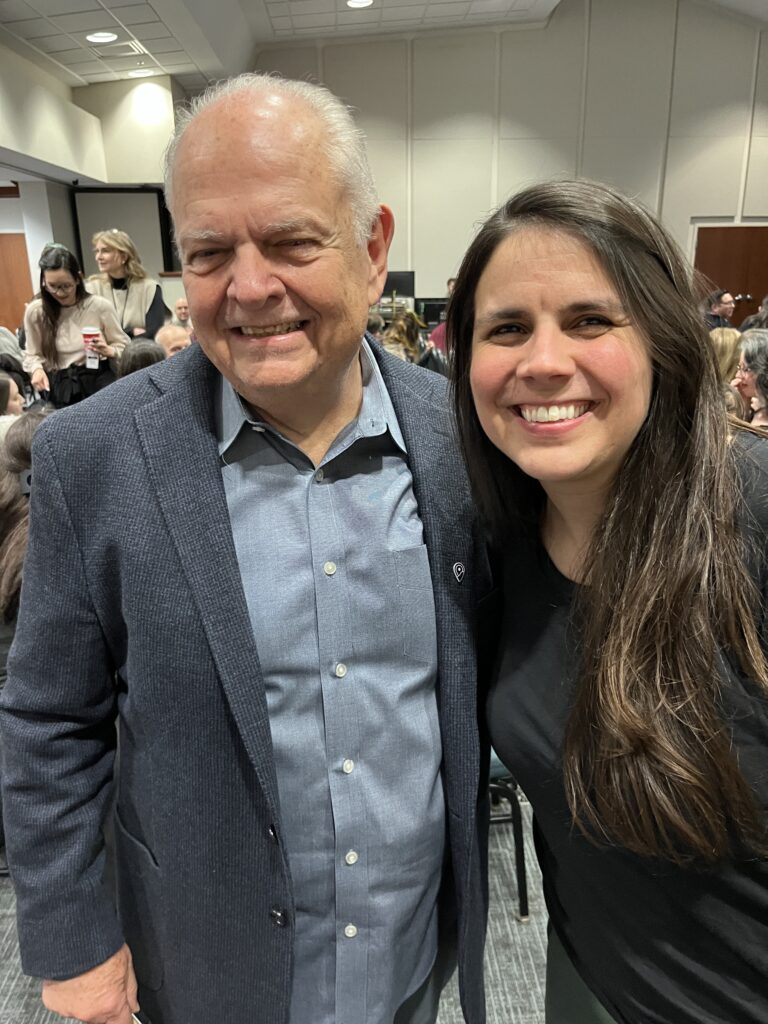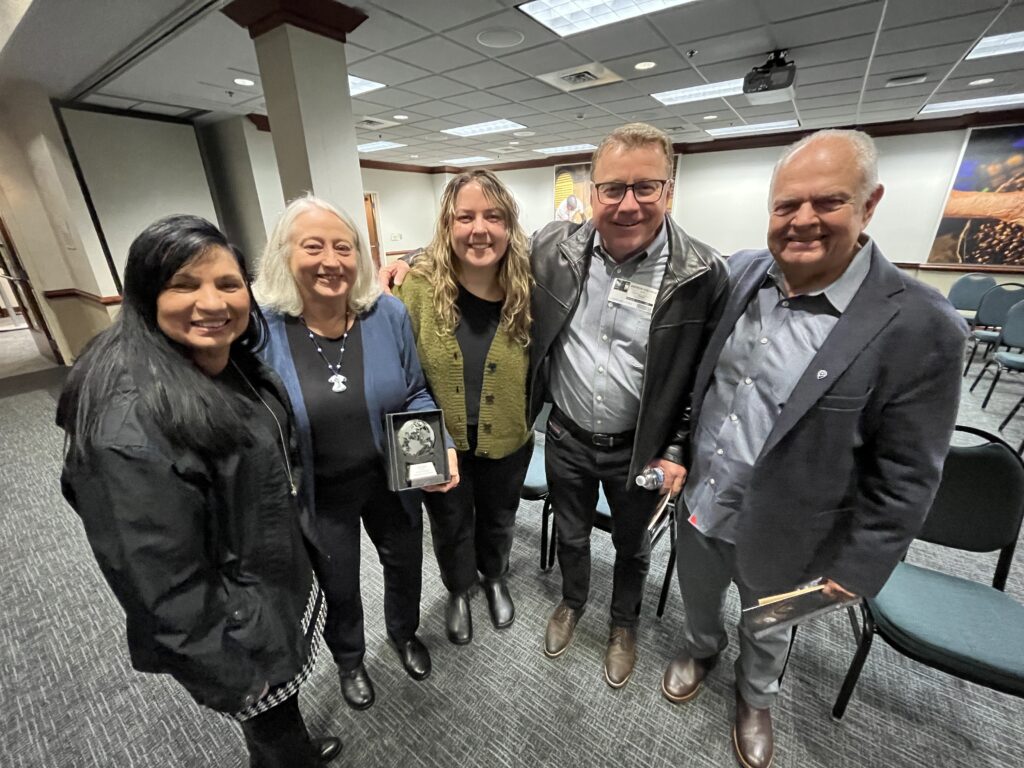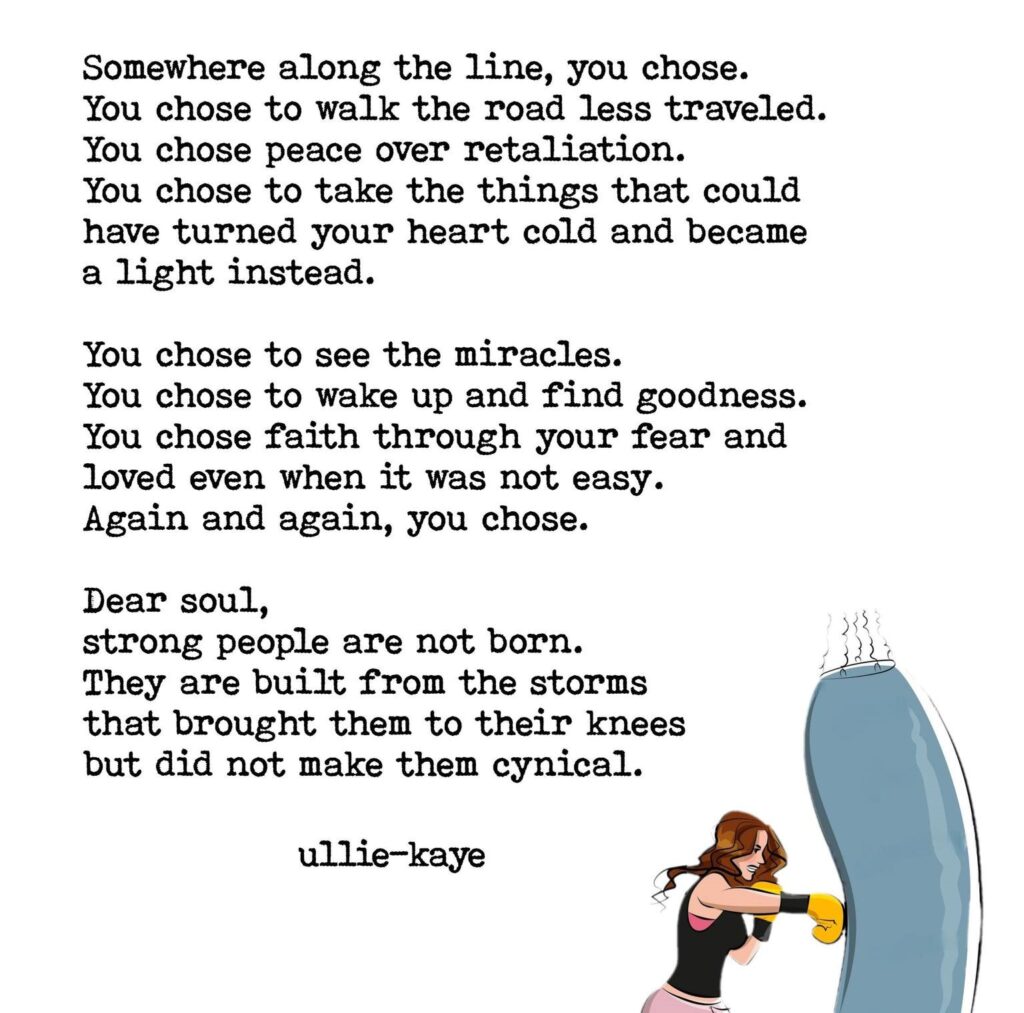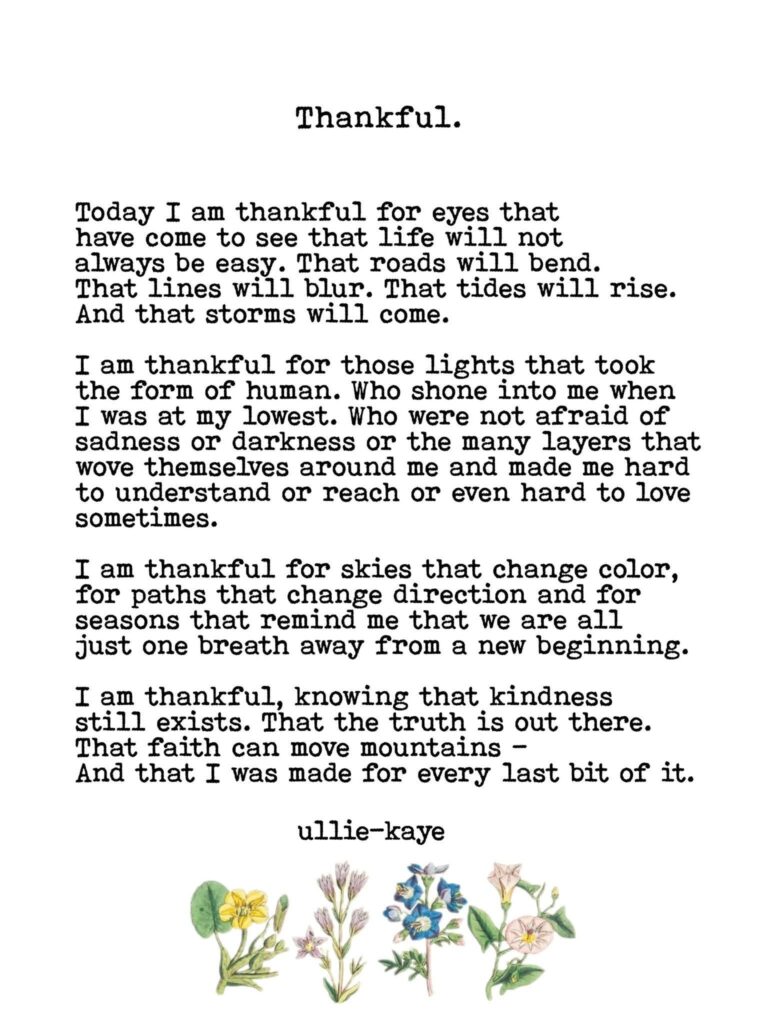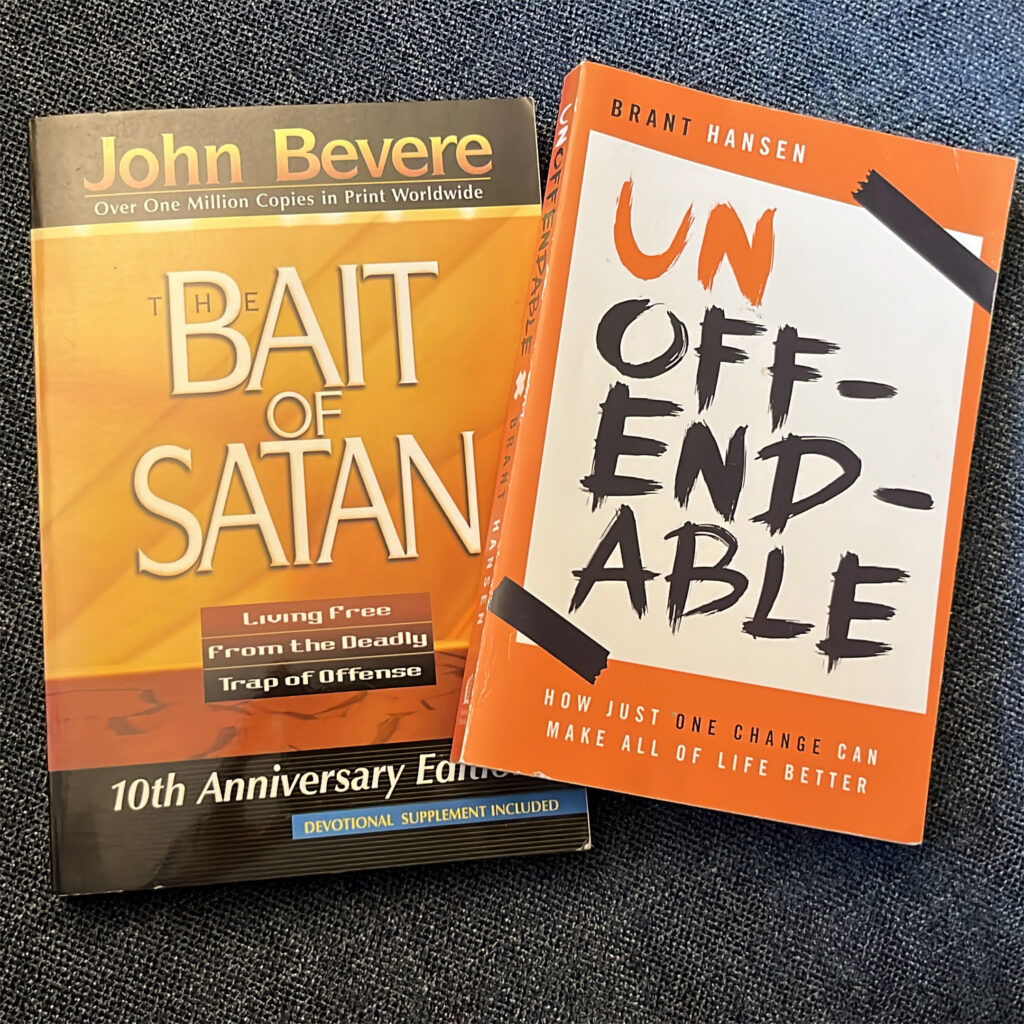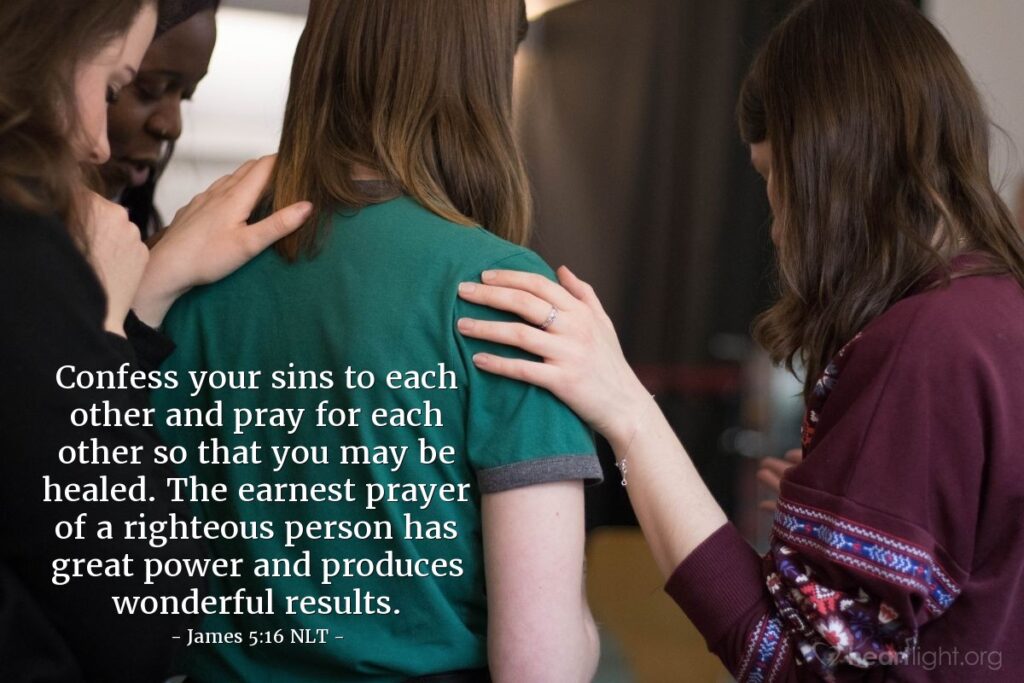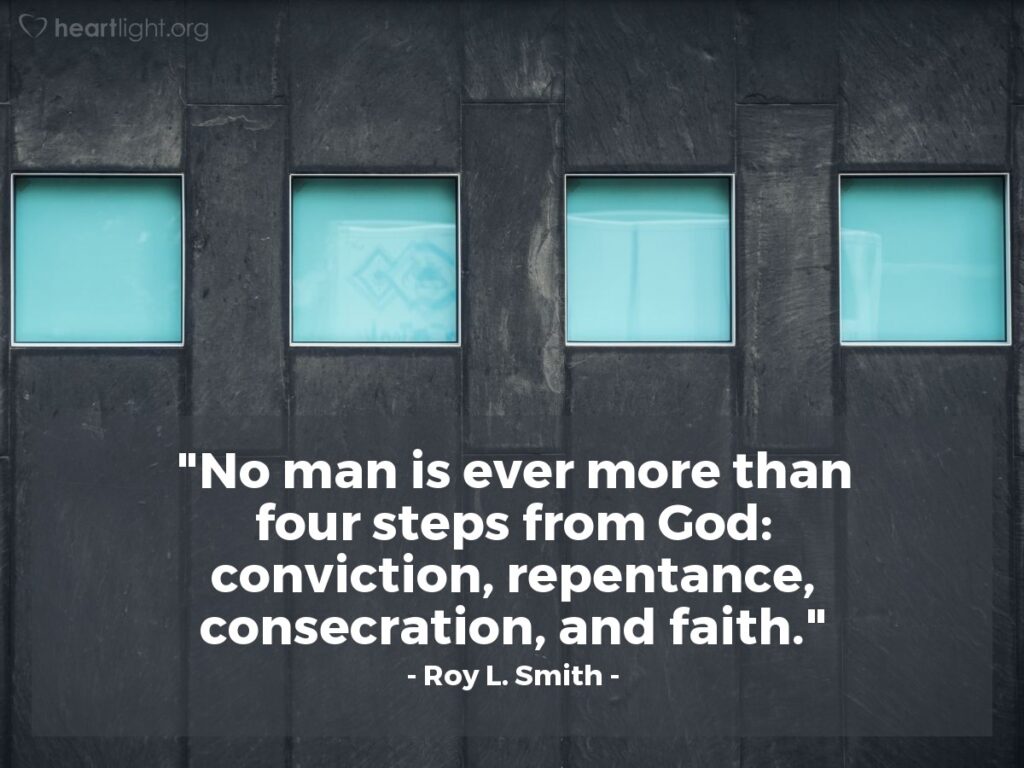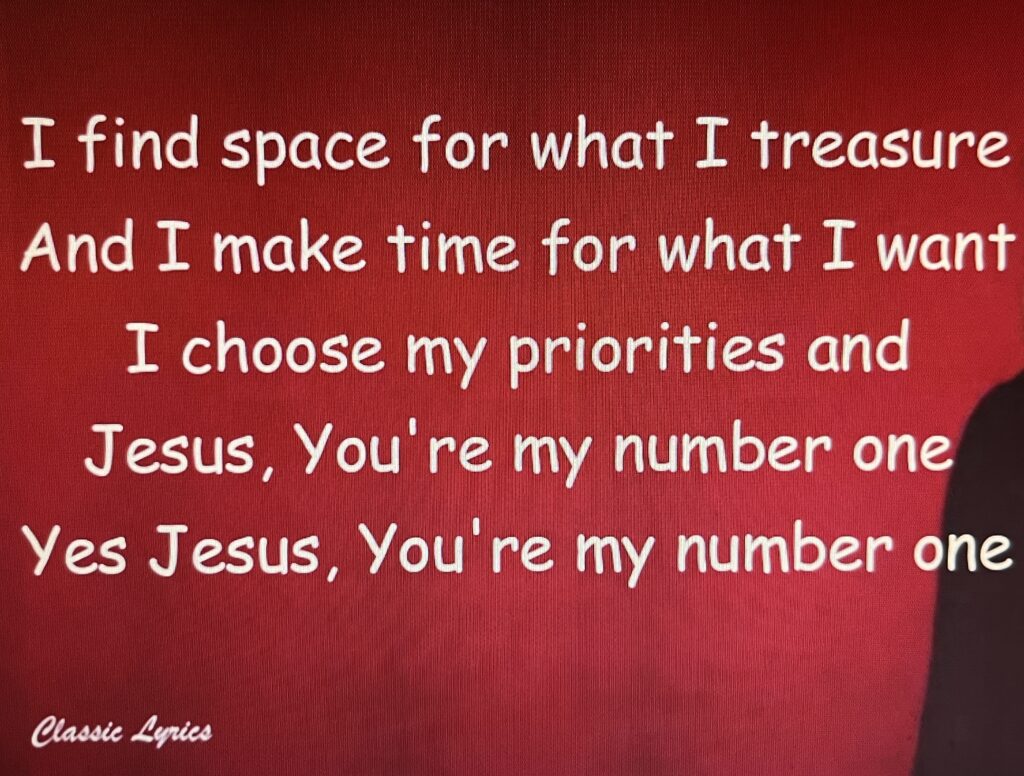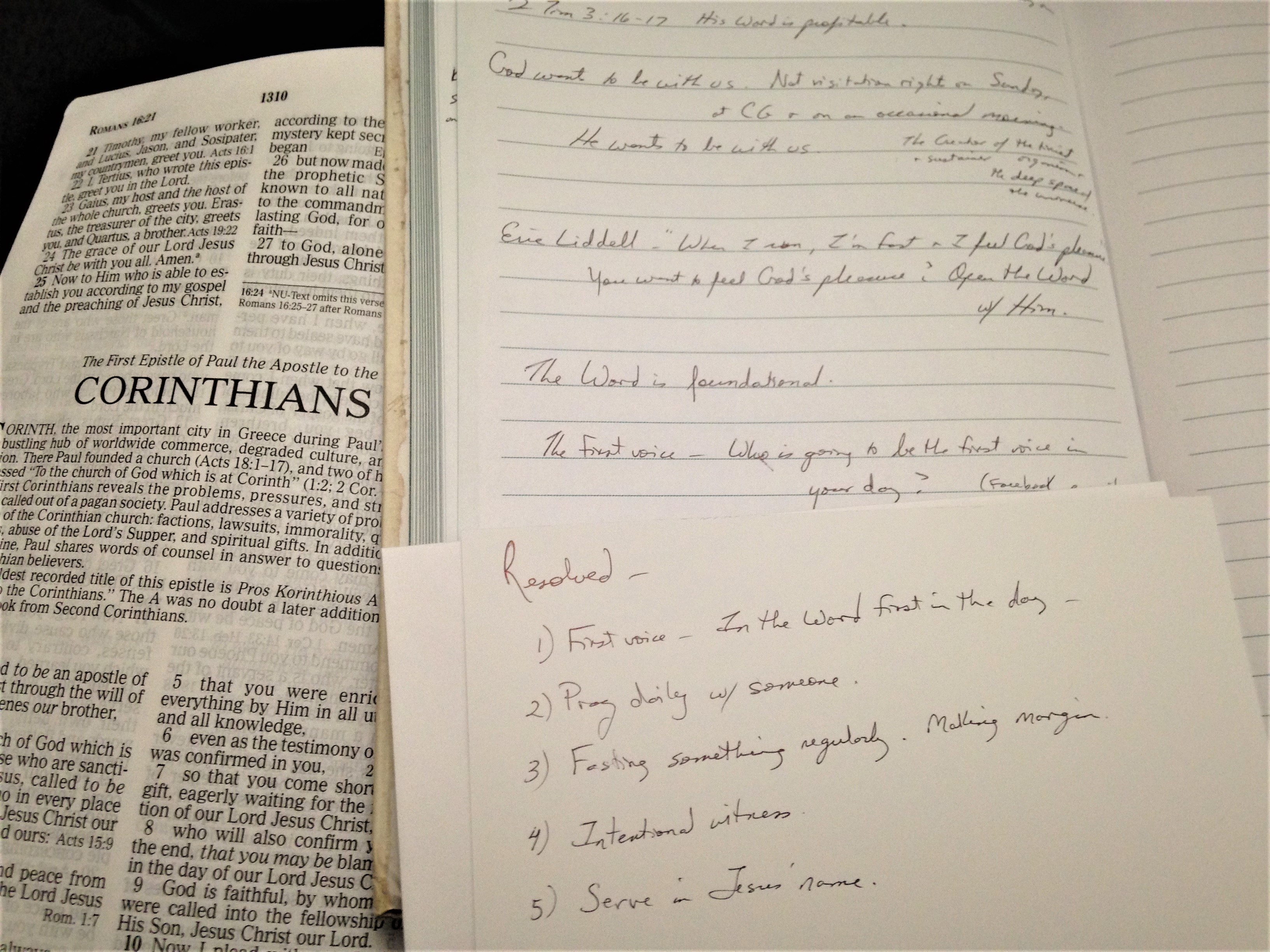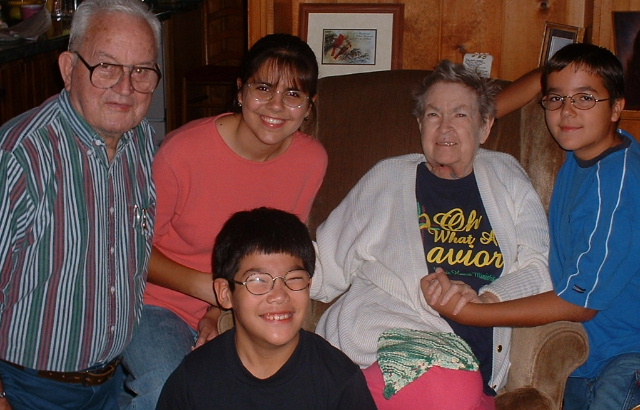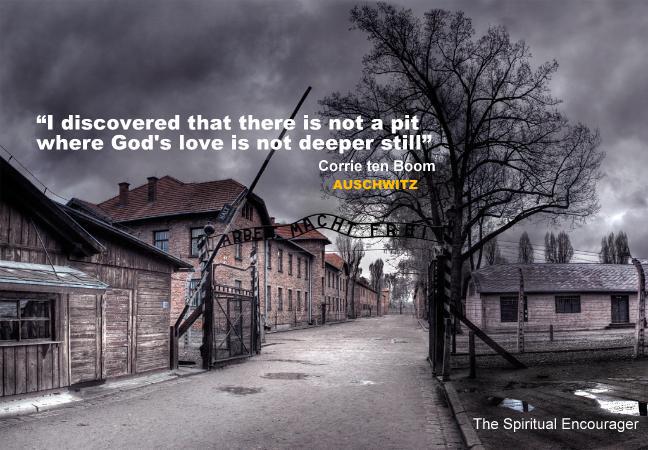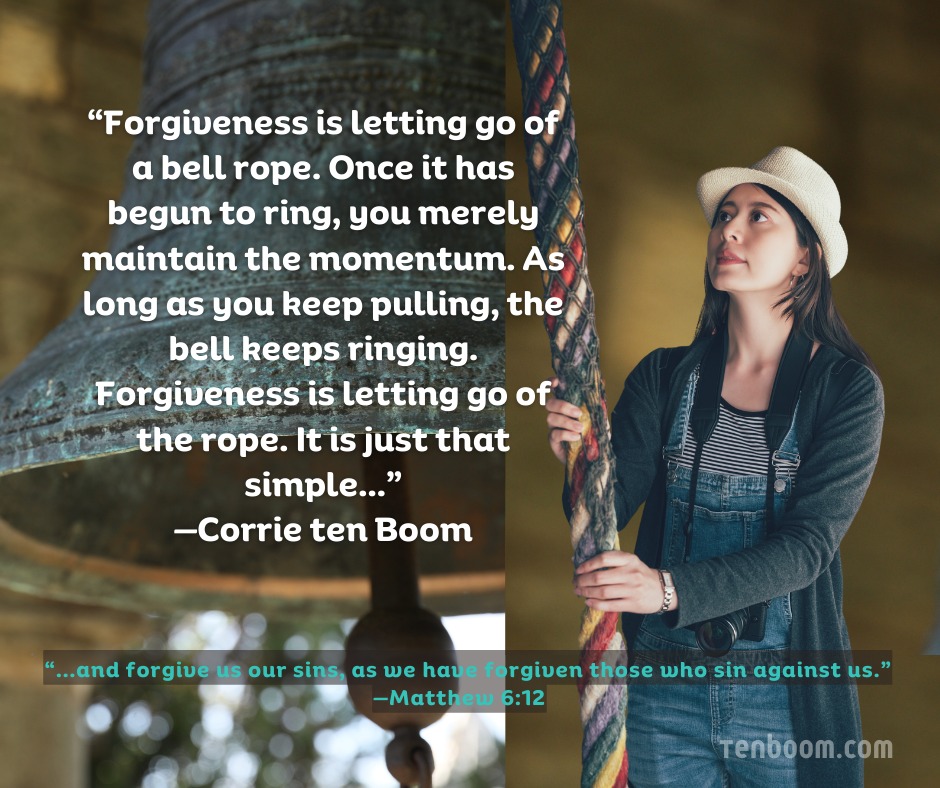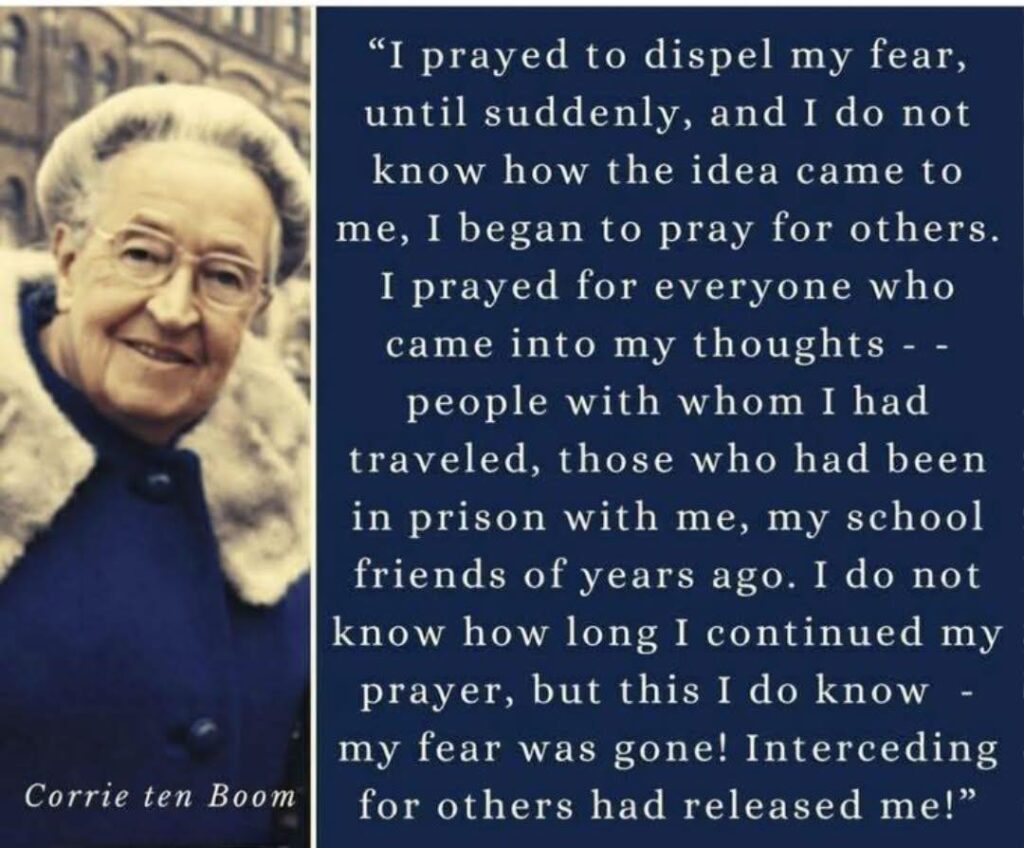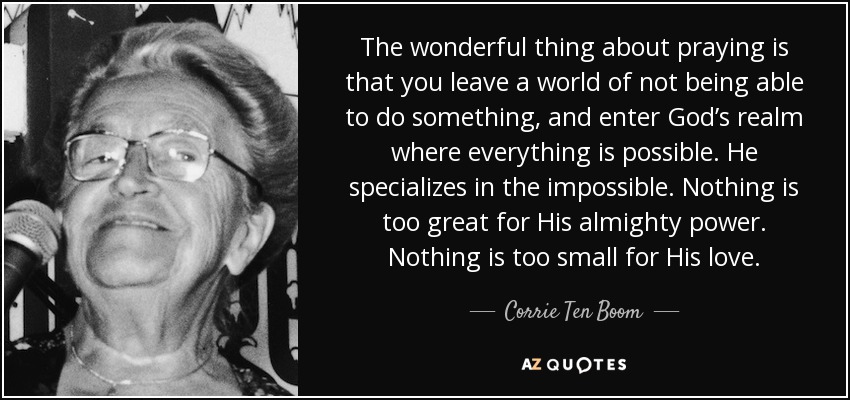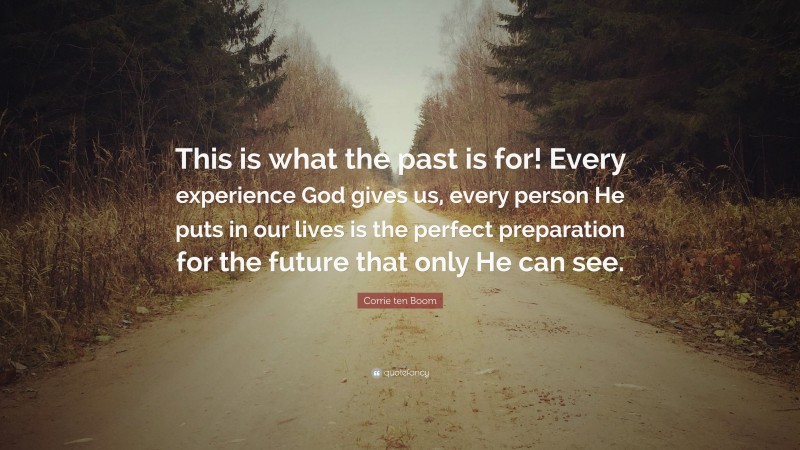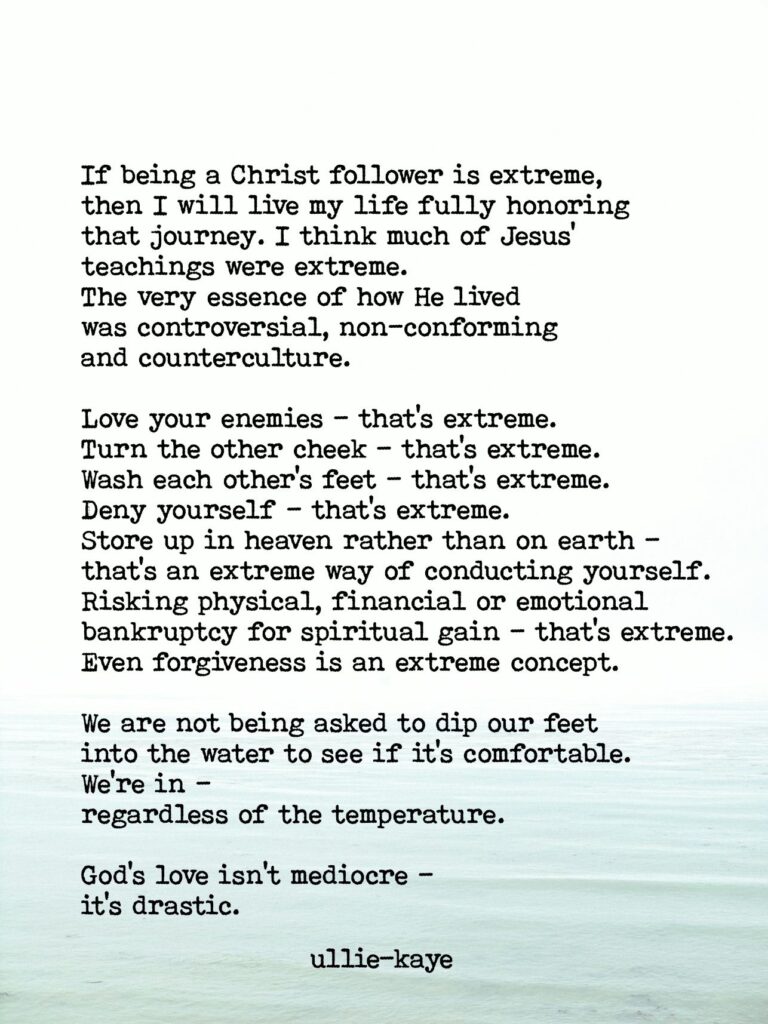
Photo Credit: Heartlight
This weekend, we in the State of Virginia had our governor’s inauguration. It was another occasion of either relief and elation or concern and consternation. Our state and nation remains polarized in so many ways.
Can we disagree politically, philosophically, or ideologically…without hating each other?
We are in a season of hating or aligning with whole people groups. Maybe, in all of history, we have such seasons. A season where, if we aren’t careful, we hate a whole group of people or we love that same group, thereby putting us in grave opposition to the “haters”. At least, the news and social media platforms are telling us this is the case.
Whole people groups – be they Somalis, Afghans, Republicans, Democrats, Jews, Evangelical Christians. Whole people groups.
How can we keep from hating?
Maybe an even more core question: do we even want to keep from hating? What do we think is gained by hating another or a group of others?
Oddly, hating people can feel good. We feel justified in hating. Even morally superior. The dilemma here is that hating begets hating. Neuroplasticity is the process in our brain where negative thoughts, and resulting actions, become hard-wired, having a negative impact on our physical and mental health over time.
The Neuroscience of Hate: Why It Feels Good to Be Angry
The Power of Hate and Its Consequences – Andrew Mathews
I don’t want to simplify or downplay the reasons one might have to hate, but the devastating effects of it in our culture, community, families (and in our own brains) are worth taking a step back and considering.
Briefly, here are some actions to consider:
- Call to mind the possibility that I hate someone/some peoples. “Check your heart” is a common refrain in my life. If I’m honest, are there persons/people whose actions, or personalities, offend me? Do my speech and attitude betray my hatred? Does this hatred feel justified? If so, do I give myself a pass for feeling such a strong negative emotion?
- Consider what is below the surface of my hatred. Do I consider what I feel to be righteous anger? Is it righteous if it moves me toward hatred? In defending the rights of one group of people against another, am I committing the same injustice toward “the offending group” as I see being directed to the one I care more about? Or is fear what stirs me to hate? Or unfairness? We can have any number of reasons to hate. Addressing those reasons (with help, if necessary), brings our hatred more into the light. It doesn’t mean that we don’t seek change in the culture, but with greater care, compassion, and even empathy.
- Seek understanding by leaning in to persons whose groups we are tempted to hate. Real, flesh-and-blood, face-to-face conversations can soften our tendency to hate. Asking questions, listening with care, resisting the temptation to argue, leaving the door open for understanding. This is a huge step toward stopping the hate. For those who pray, beginning to pray for that person can grease the tracks for you to love them – pray for her/his needs to be met, for protection and peace, for paths forward that don’t further divide us.

Photo Credit: QuoteFancy, Margaret Walker
8 Ideas for Managing Hatred – Michael Karson, Ph.D., J.D. – Psychology Today
4. Recognize that hating what is evil is different than hating people. Hatred dehumanizes people. Remember the persons with whom we disagree have children, parents, jobs, their own hopes, fears and strivings – just like us. They may even have a faith similar to ours…but the issue has overcome us/them and has pushed itself into paramount position. Extinguishing civility. We may actually agree on a wrong, if we acknowledge that we’re all trying to sort out the right path forward.

Photo Credit: Heartlight
5. For those of us who are believers, we have no leave to hate. For Christians, we are called by Christ Jesus to love even our enemies (Matthew 5:44). When hating becomes a habit, especially of a particular people group, we lose our way. Thinking it is almost our duty to hate. We have to guard against self-deceit.

Photo Credit: Heartlight
Peter D. Kaufman, brilliant and highly successful businessman, gives wise counsel in this for all of us: “Go positive and go first, and be constant in doing it.” Determine to love, resist hating, don’t wait for the other person, and in every conversation and encounter, be constant in this effort.
The Multi-disciplinary Approach to Thinking – Peter Kaufman
Young businessman, world-changer Mitchell Wilson recalls Kaufman’s use of the phrase mirrored reciprocation. How this applies is when we engage others with love, listening as we seek understanding, being gentle where we disagree, we often get the same responses in return.
Wilson writes: “Peter doesn’t go into this in his speech [above], but I can’t help but think of Jesus’s core teachings that relate to the principle of mirrored reciprocation:
- Love your neighbor as yourself
- Do unto others as you would have them do unto you
- Forgive those who trespass against you
- Blessed are the merciful, for they shall receive mercy
- Turn the other cheek”
6. Don’t give up on developing the habit of loving instead of hating. This is definitely a spiritual disciple and a habit worthy of pursuing. Peter Kaufman also has counsel, from his talk above The most powerful force that could be potentially harnessed is dogged incremental constant progress over a very long time frame. We are going to have to fight against hating, especially if we have allowed it to take up real estate in our minds. However, as with anything worth mastering, the work needed to keep from hating will yield its fruit…if we don’t give up.

Photo Credit: Heartlight
[This blog was inspired by recent, terrible events in our country and also by the sermon at Movement Church yesterday. Our pastor Cliff unpacked Matthew 5:38-42 (YouTube video linked; image below) about showing radical love by resisting retaliation. Can’t wait for his sermon next week on “Love your Enemies” which may end up inspiring a Part 2 on this topic. Hope you stay with me for that one.]


Photo Credit: Heartlight


